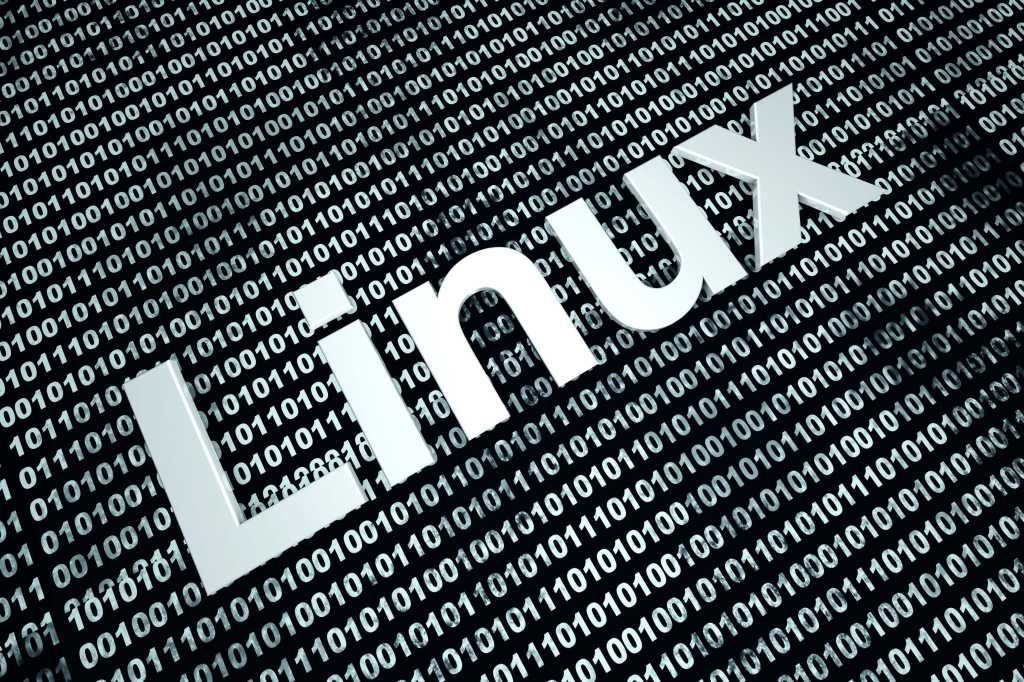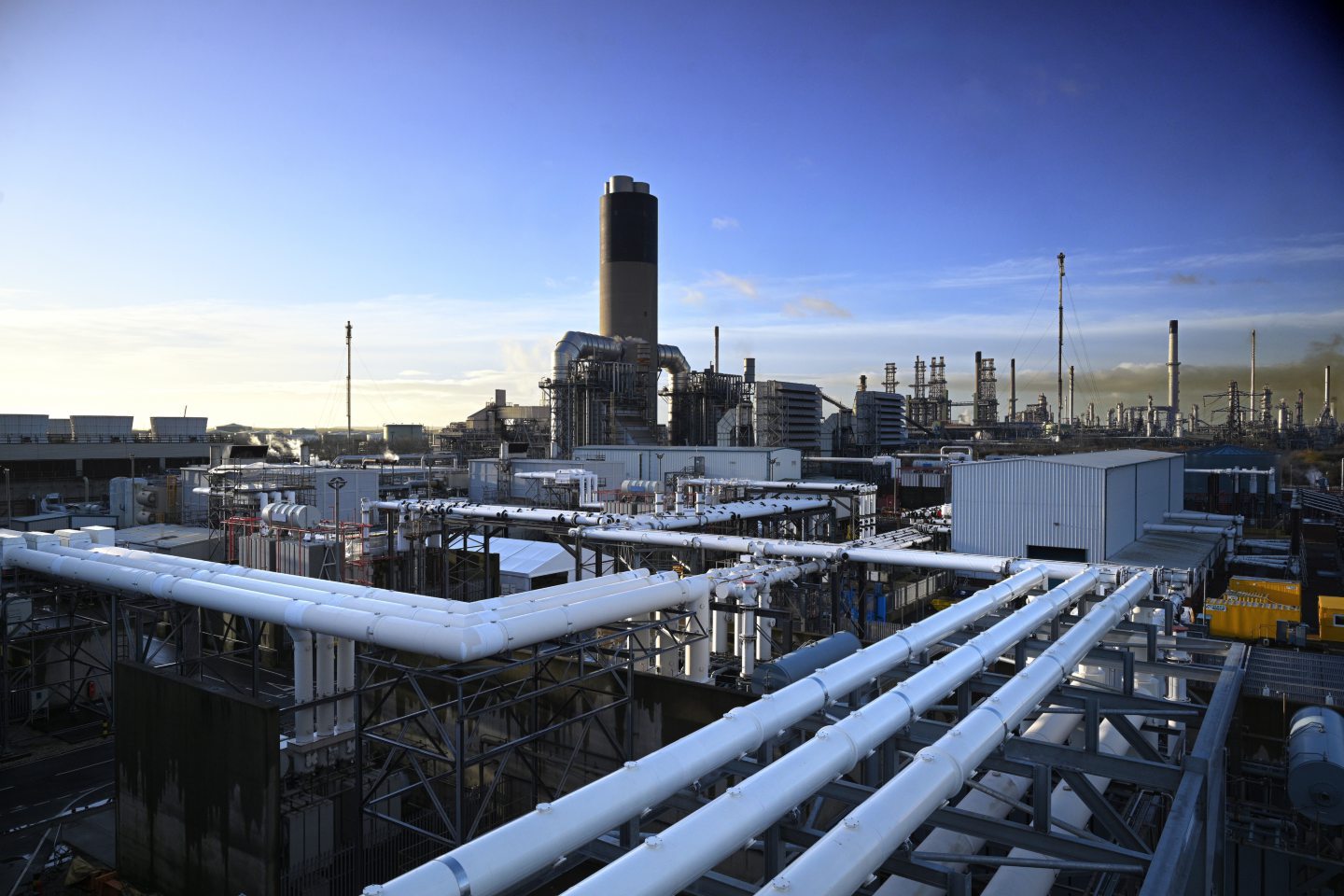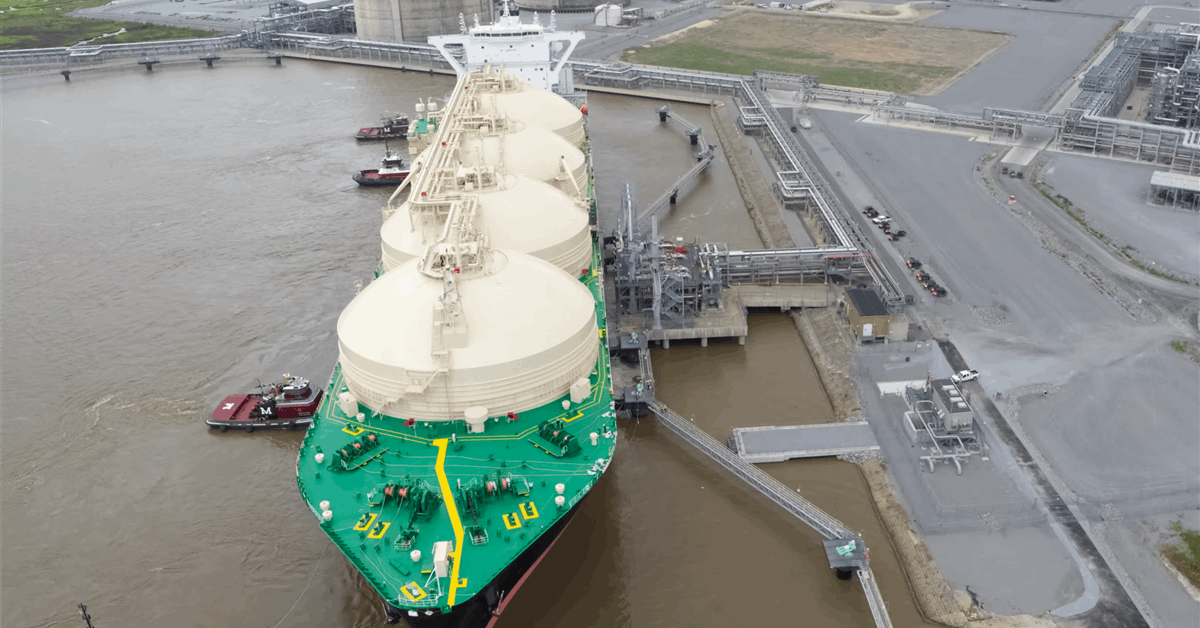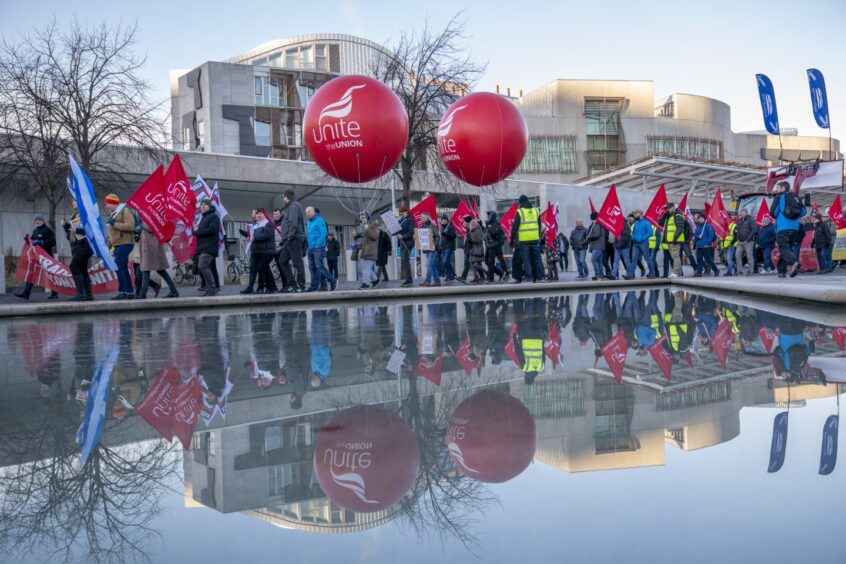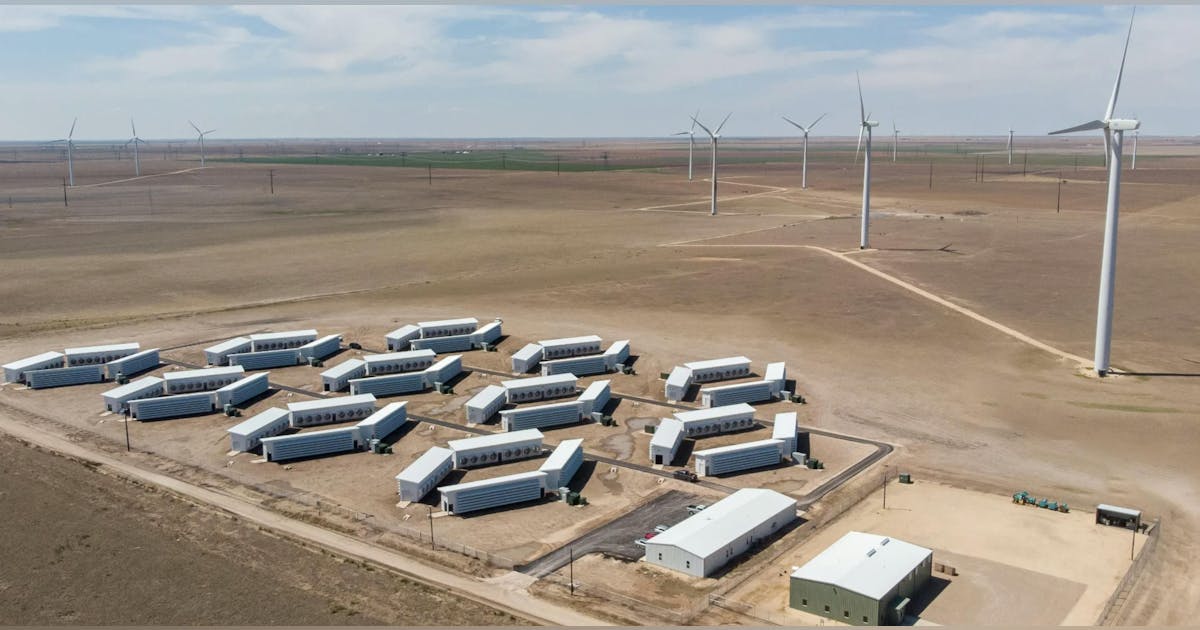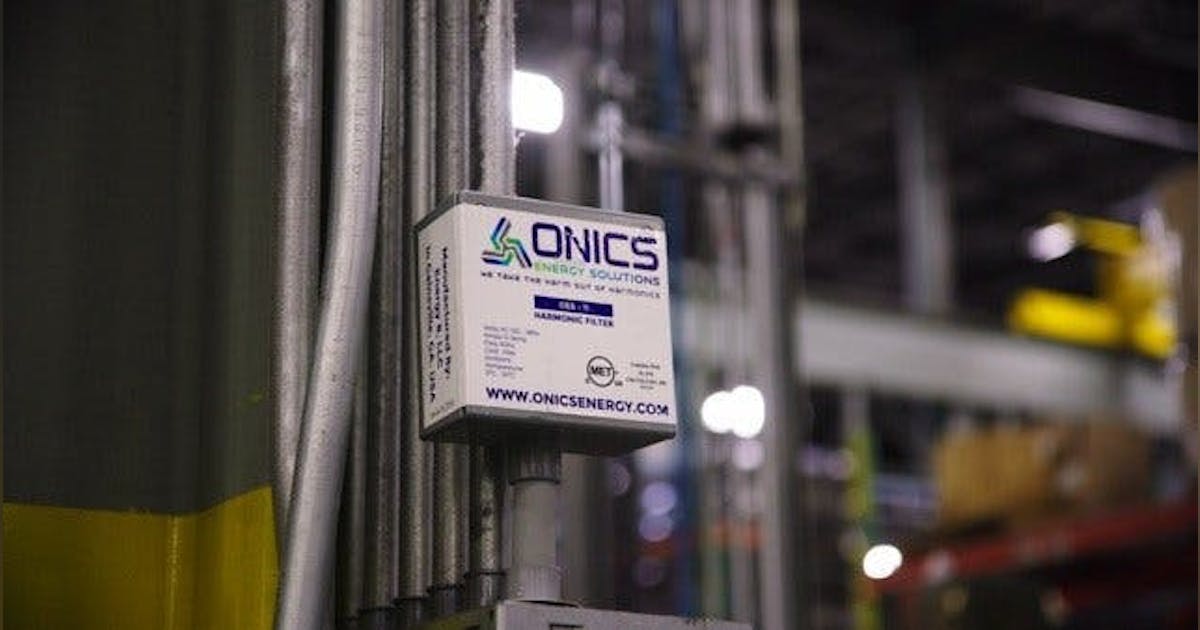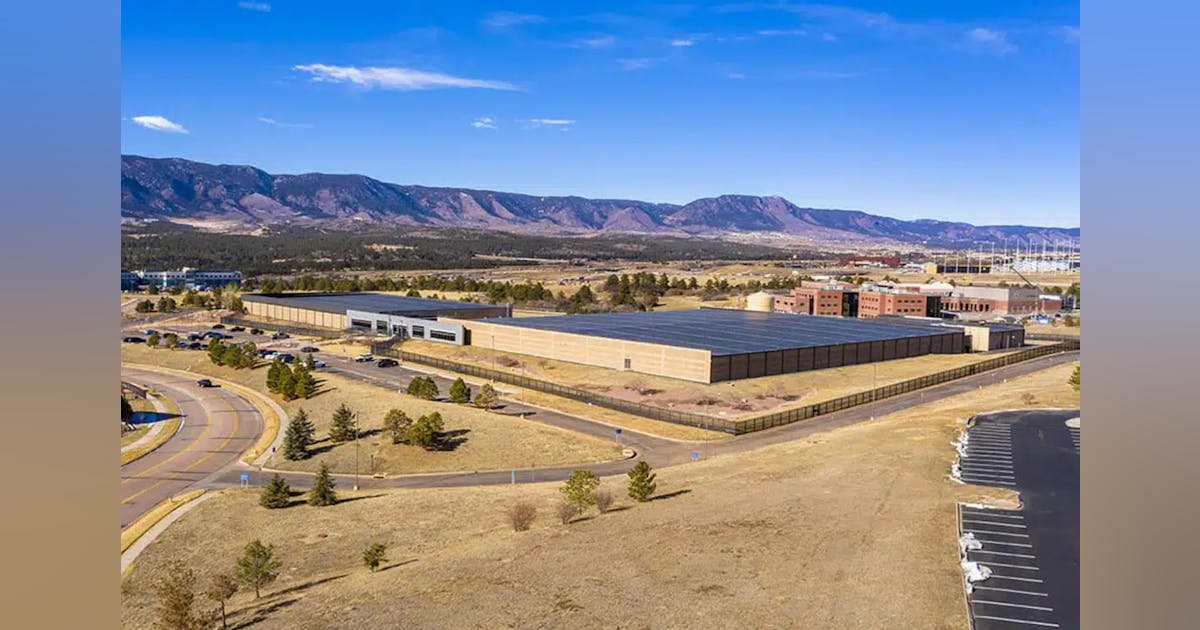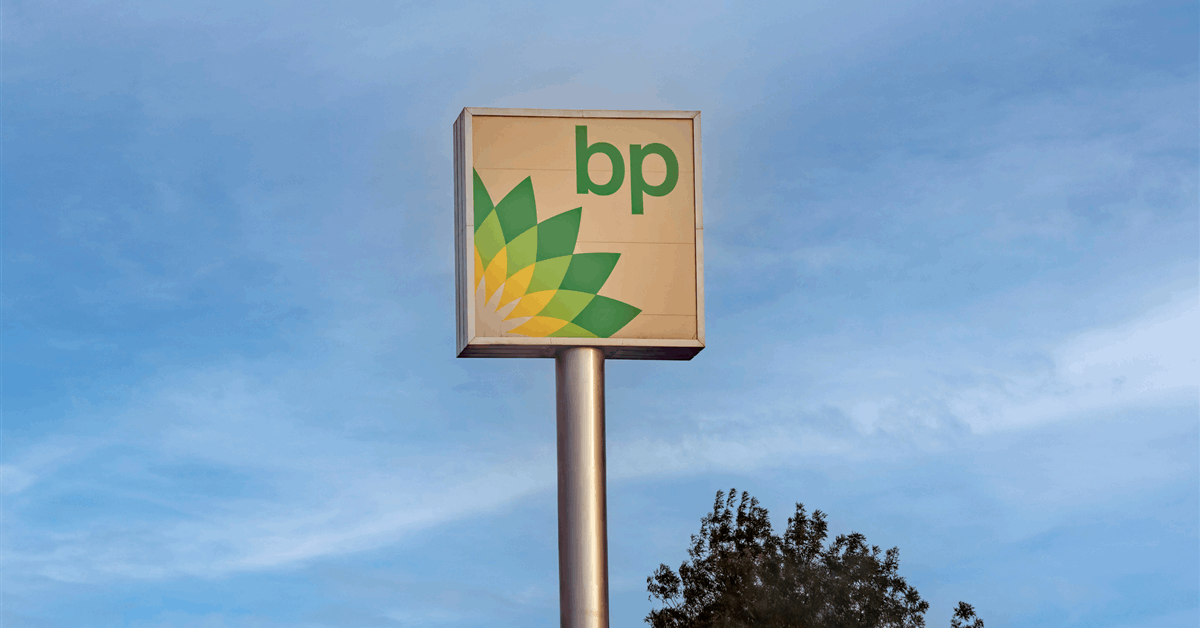
BP PLC said Tuesday it expects to make $3-4 billion worth of asset sales in 2025, following a “reset” plan that involves scaling back renewables investment and cutting costs.
“This underpins our confidence in meeting our net debt target of $14-18 billion by the end of 2027”, chief financial officer Kate Thomson said of the divestment plan.
The British integrated energy company logged $328 million in divestment proceeds for the first quarter (Q1) of 2025, according to a statement of results it published online.
BP is making “good progress on our divestment program, including the strategic review of Castrol, and the intentions to sell mobility & convenience businesses in Austria and the Netherlands and the Gelsenkirchen refinery”, it said.
In February BP announced a marketing process for the potential sale of Ruhr Oel GmbH-BP Gelsenkirchen (ROG), which operates in Germany and the Netherlands. Sale completion is targeted 2025.
ROG’s German operations include 2 plants in Horst and Scholven in Gelsenkirchen that form a refining and petrochemical site. The refinery can process up to about 12 million metric tons of petroleum a year.
ROG also owns the Bottrop tank farm, DHC Solvent Chemie GmbH and Nord-West Oelleitung GmbH, which operates pipelines, crude tanks, tank farms and unloading points.
In the Netherlands ROG owns stakes in the Maatschap Europort Terminal and the NV Rotterdam-Rijn-Pijplining crude and refined products pipeline.
In its Q4 2024 report BP also said it plans to sell its mobility and convenience business in the Netherlands.
Also in February BP said it was considering “all options” for its global lubricants brand Castrol.
In March BP said it was initiating a marketing process to divest its retail sites, associated fleet and electric vehicle charging infrastructure in Austria, as well as its stake in the Linz fuel terminal. BP aims to complete the sale this year.
Under the reset plan announced February, BP targets $20 billion in divestment proceeds by 2027, including from solar developer Lightsource BP Renewable Energy Investments Ltd.
Also on Tuesday BP lowered its capital expenditure guidance for 2025 to about $14.5 billion. In its announcement of the new strategic plan, BP put expected 2025 capex at around $15 billion and 2026-27 capex at approximately $13-15 billion. It affirmed the 2026-27 capex plan on Tuesday.
BP plans to repurchase $750 million worth of shares in the second quarter. It has completed the $1.75 billion buyback plan announced with Q4 results.
It reported $569 million in replacement cost profit, or profit attributable to BP shareholders, for Q1 2025. BP’s underlying replacement cost profit, equivalent to adjusted IFRS net profit, landed at $1.38 billion. That translates to 8.75 cents per ordinary share, down 46 percent year-on-year.
BP declared a Q1 dividend per share of 8 cents, maintaining the previous rate.
“Compared with the fourth quarter 2024, the underlying result reflects lower impact from turnaround activity, stronger realized refining margins, lower other businesses & corporate underlying charge, partly offset by a weak gas marketing and trading result”, BP said.
Upstream production fell 5.8 percent year-on-year to 2.24 million barrels of oil equivalent (boe) a day. Upstream unit production costs averaged $6.34 per boe, up 5.6 percent year-over-year.
BP expects Q2 upstream output to be broadly stable compared to Q1. “In products, bp expects a significantly higher level of planned refinery turnaround activity compared to the first quarter and refining margin environment to remain sensitive to the economic outlook”, it said.
To contact the author, email [email protected]


